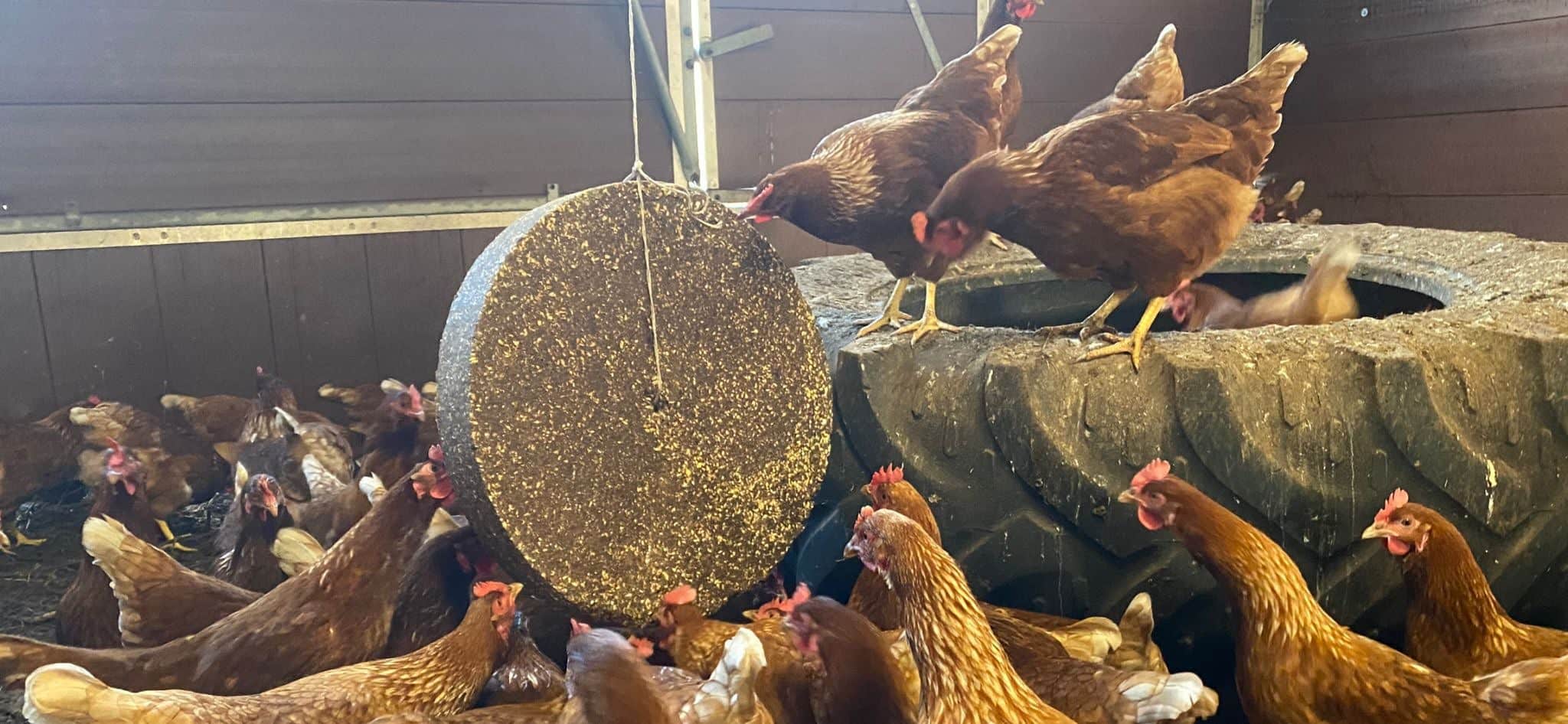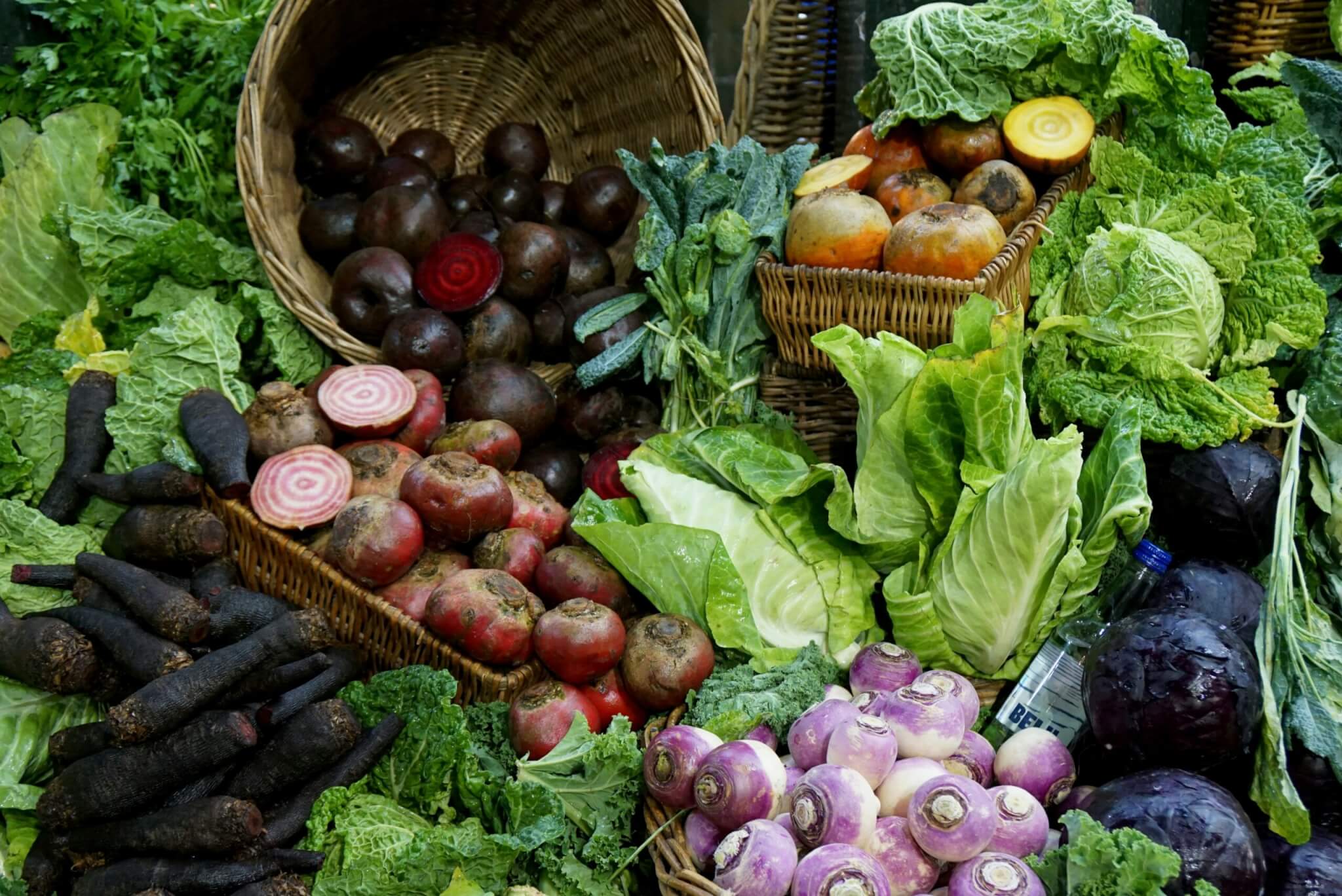A chicken farmer who was told he was illegally housing his hens despite fears of a bird flu outbreak has prompted questions about how the virus is to be managed as a long-term threat to farmers and animal welfare.
Jerry Saunders, an organic farmer and egg producer in Devon, had put his flock of 600 hens into sheds due to three outbreaks on farms around him, plus numerous reports of dead seabirds washing up on local beaches.
The farm outbreaks are outside the 3km cut off at which Defra currently enforces housing of farmed birds. As a result of multiple outbreaks in the South West, there is a regional prevention zone in place. This means farmers have to put biosecurity measures in place, such as hand washing and changing of footwear, but stops short of forcing birds to be kept inside.
“Our neighbour reported three dead herring gulls on Maidencombe beach to Defra. If they drew a 3km prevention zone around them we would be enforced to house our hens under threat of prison if we let them out, as has been the case each winter,” said Saunders, calling the government’s rules a “contradictory response”.
Bird flu is spread by migratory wild birds, through bird-to-bird contact and via faeces. The UK is currently facing a huge epidemic with 2.8 million poultry and captive birds estimated to have been culled this year already to attempt to stop the spread.
Organic and free-range birds must have access to the outside to qualify for their certifications, and so under current rules housing them voluntarily and selling them as organic would technically be illegal.
Removing the organic label from his eggs would result in a loss of income for Saunders, who said he has asked certifiers Soil Association for support in changing the rules or allowing an exemption. The Soil Association regulates organic farming practices but is ultimately restricted by what Defra sets as the legal national rules.
A spokesperson for Defra said: “There are no mandatory government housing measures in place, therefore poultry keepers are not obliged to keep their birds inside. Exemptions therefore no longer apply and decisions on housing birds are a commercial decision for poultry keepers.
“If birds are voluntarily housed, eggs must be marketed as barn eggs with all references to ‘organic’ or ‘free-range’ removed from the packaging and labels. It is illegal to incorrectly label eggs as ‘organic’.”
Dale Robinson, head of procurement at organic veg box company Riverford, which buys eggs from Saunders, said housing hens so close to an outbreak is understandable. “Currently, farmers have to shoulder the risk of Avian Flu. Clearly, there needs to be a longer-term solution and Defra need to pay more attention to Avian Flu and how we might have to adapt to live with it long-term, or farmers will start to turn away from higher welfare organic and free-range chicken and egg production.
“We will continue to buy eggs from Jerry and support him in doing the best for his flock. In the meantime, we need the government to take this issue more seriously.
“We need guidance and a better response that supports farmers and not just retailers. Bird flu isn’t going away and they need to re-think their approach, in my opinion.”
Currently there is no cure for bird flu, which typically follows a seasonal pattern in line with annual bird migrations. But this year and last have been marked in significantly longer periods of outbreaks, suggesting it will become a permanent threat.
The example of individual farmers housing hens voluntarily is a response to this longer-term situation and an indicator that current rules are no longer fit for purpose.
“We are aware of the devastating impact an outbreak of avian influenza would have on an organic farm both with regards to the welfare of the birds and the wider impact on the business and livelihood of farmers,” said senior technical manager at Soil Association certification, Sarah Hathway.
“As such we are doing all we can to raise this with Defra; the Defra organic team have acknowledged the seriousness of the situation and have agreed to take away to consult with their wider teams to come up with an urgent course of action. We have been chasing Defra for a response as a matter of urgency and will keep organic farmers updated of their response in due course.”
Vaccination is not currently permitted but there is a possibility it could be developed. Others have speculated that netting to protect flocks of farmed birds outside could become more widespread.
Signs of an outbreak include sudden and rapid increase in the number of birds found dead, swollen head, closed and excessively watery eyes or drooping of the wings. Anyone who has seen a suspected incident can call a Defra helpline to report it.












Sadly, we are governed by people who are thinking only about the short term survival of the Tory Party and their own careers and so they don’t have the time or energy to be doing anything about our health, our food standards or our general well being at this time of crisis. Can we really expect a woman who has been appointed as Health Minister who advocates that we share our perscription medication and that we should be able to buy antibiotics over the counter to care one jot about the organic status of the food we eat? An immediate general election is urgently required. It won’t solve all our problems but might produce a government that has a higher brain cell count than the current lazy, corrupt shower.